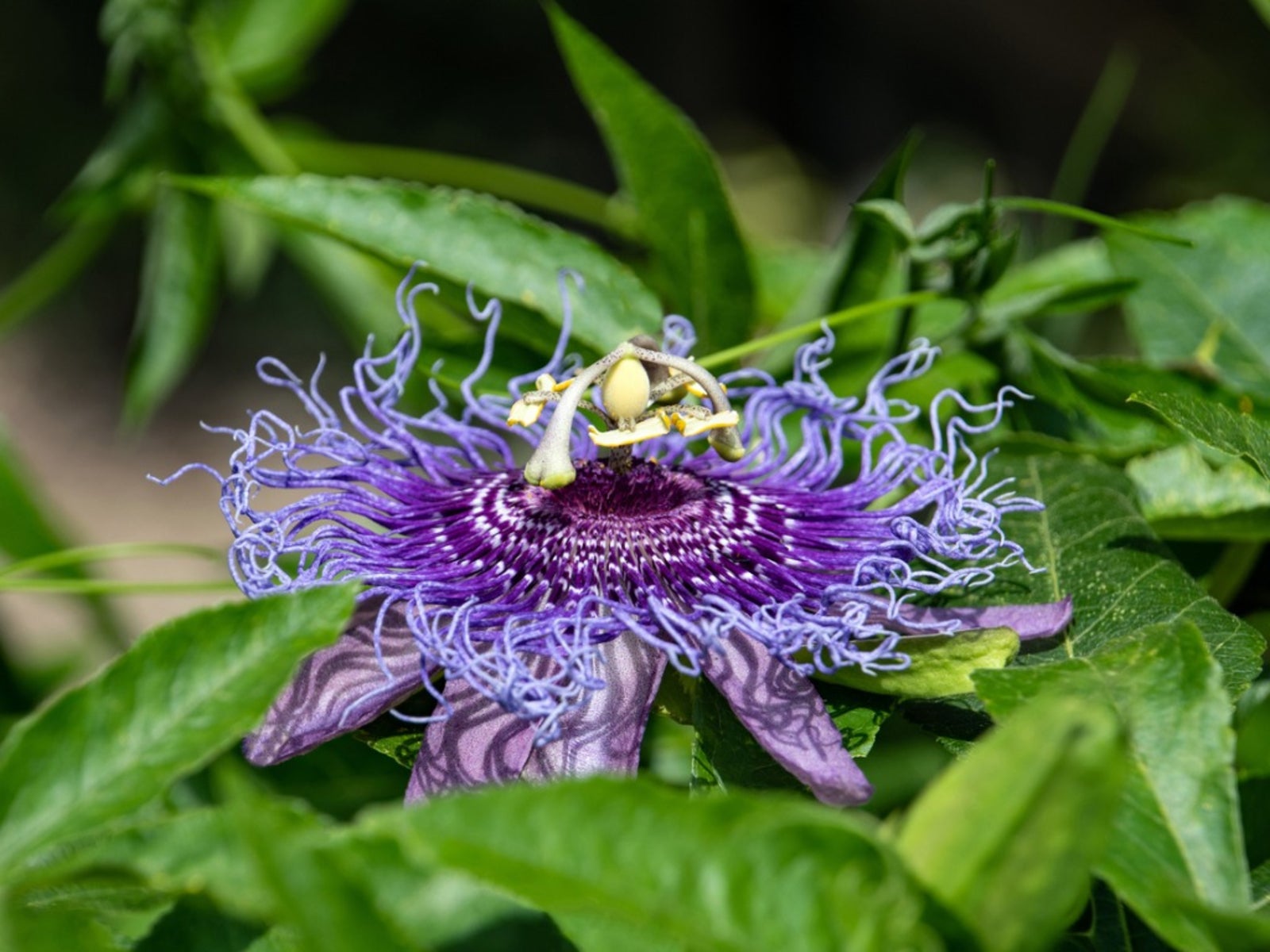Maypop Weed Control: Tips On Getting Rid Of Wild Passionflowers


Maypop passionflower plants (Passiflora incarnata) are native plants that attract bees, butterflies and other important pollinators. The passionflower plant is so lovely that it’s hard to believe it is a troublesome weed in warm climates where the rampant growth isn’t naturally reined in by winter freezes. Let’s learn more about getting rid of wild passionflowers.
Maypop Weed Control
In certain areas, including the southeastern United States, tangled patches of wild passionflower weeds cause problems in hay fields, croplands, wooded areas, pastures, on rocky slopes and along roadsides. Wild passionflowers grow rapidly by means of an extensive system of underground roots, and getting rid of the plants isn’t an easy task. Read on to learn more about maypop weed control.
Getting Rid of Wild Passionflowers Naturally
If you want to control ornamental plants in your garden, remove suckers and wayward growth as soon as you notice it. Otherwise, you may be able to control a small stand of passionflower weeds by pulling the plants when the soil is moist. Use a shovel or trowel to help with stubborn plants because any roots left behind will grow new plants. Dispose of the plants securely.
Maypop Weed Control with Herbicides
Unfortunately, manual control isn’t always possible with large stands of maypop vines and herbicides are required. Even with chemicals, large infestations are difficult to eradicate. Products containing 2, 4-D, triclopyr, dicamba or picloram have proven to be effective means of controlling woody or herbaceous weeds in pastures, rangelands and lawns, although repeat applications may be needed. Be aware, however, that the products can kill any broadleaf or woody plant that comes in contact with the spray, including ornamental plants. Read the labels carefully and use herbicides appropriately, as the substances are highly toxic to people and animals. Herbicides are highly polluting when they leach into the groundwater, and may harm fish and aquatic birds.
Sign up for the Gardening Know How newsletter today and receive a free copy of our e-book "How to Grow Delicious Tomatoes".

A Credentialed Garden Writer, Mary H. Dyer was with Gardening Know How in the very beginning, publishing articles as early as 2007.